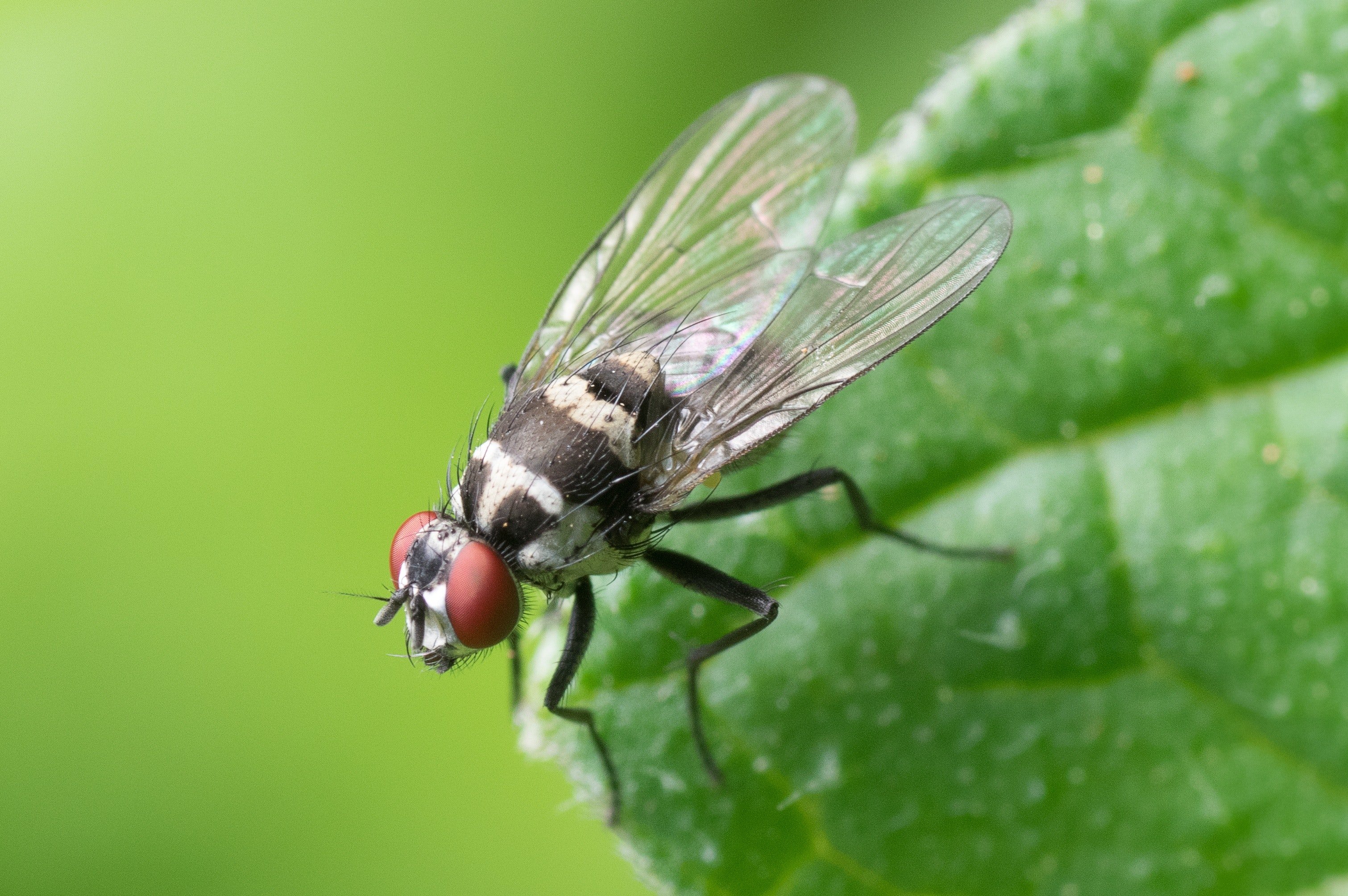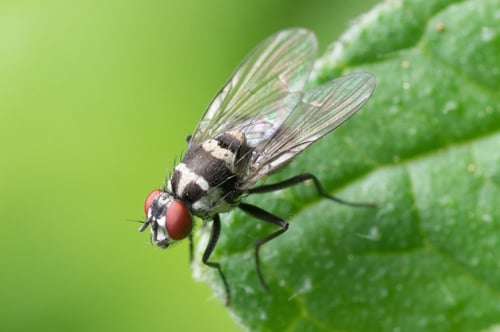Search for topics or resources
Enter your search below and hit enter or click the search icon.

Hearing loss affects millions of people around the world, and the World Health Organization estimates that by 2050, more than 900 million will suffer from the condition. Even with these large numbers, much is still unknown about age-related hearing loss. Experts are hoping fruit flies are the key to unlocking the mystery.

Fruit flies, known by their scientific name Drosophila melanogaster are often used by scientists because of their genetic accessibility. Their molecular pathways for hearing are similar to those in humans and they are prone to age-related hearing loss.
The average lifespan of a fruit fly is 58 days, with some living as long as 70 days. One day in a fruit fly’s life is equivalent to one year for a human.
Fruit flies maintain their ability to hear well for around 50 days, meaning they spend 85 percent of their lives with good hearing.
A study conducted at the UCL Ear Institute assessed the hearing ability of fruit flies to see how their hearing declines as they age. While many researchers have used these insects to study human hearing, none have followed flies’ hearing loss across their entire lifespan.
The researchers used advanced biochemical, neurophysiological and behavioral techniques to determine that fruit flies suffer from age related hearing loss around 50 days of age. Once they determined this, researchers were able to study what happened in the time before the flies lost their hearing; they were specifically looking for any genes that kept the ears healthy.
Researchers identified a new set of transcription regulator genes called homeostasis genes. This means these genes control the activity that keeps the ears hearing well.
Joerg Albert is a professor at UCL Ear Institute and lead author of the study. He explains, “While many studies have been conducted into the hearing function of fruit flies, ours is the first to look at the mechanistic and molecular detail of their auditory life course.”
“Our twin discoveries that fruit flies experience age-related hearing loss and that their prior auditory health is controlled by a particular set of genes, is a significant breakthrough. The fact that these genes are conserved in humans will also help to focus future clinical research in humans and thereby accelerate the discovery of novel pharmacological or gene-therapeutic strategies.”
Albert confirmed that him and his team have already started a follow-up drug discovery project designed around the results of this initial study.
To learn more about preventing age related hearing loss or to schedule an appointment with an experienced audiologist, contact Houston Hearing Center today.
Lorem ipsum dolor sit amet, consectetur adipiscing elit, sed do eiusmod tempor incididunt ut labore et dolore magna aliqua. Sed risus ultricies tristique nulla aliquet enim.
Topics: